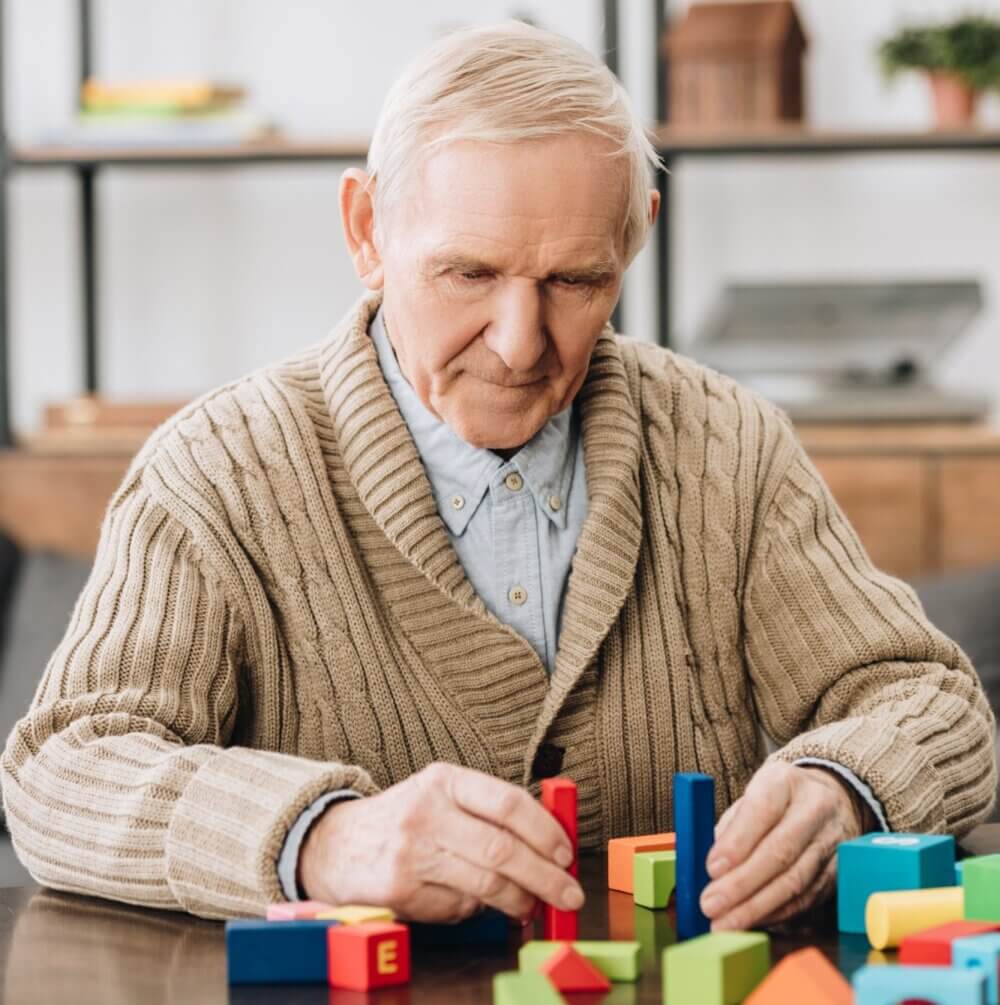Parkinson’s Care Fareham
Home Instead's Parkinson’s Care offers tailored, compassionate support for independent living at home, with specialised training and 24/7 emergency assistance.

How can we help?
Begin your journey to compassionate, personalised Parkinson's care. Fill out our brief form to connect with our dedicated team at Home Instead. Together, we'll ensure comfort and independence at home for you or your loved one.
Are you in need of a little guidance right away?
03300 583450Are you in need of a little guidance right away?
03300 583450What is Parkinson’s care?
Parkinson’s care at Home Instead Fareham and Gosport is focussed on providing clients with the support they need to remain living at independently at home; The place they know and love the best.
Parkinson’s care is condition-led support designed to support clients as they face the specific challenges presented by their condition. Our care and support will be tailored to the very specific needs and wishes of each client and usually evolves over time to meet changing circumstances.
At Home instead Fareham and Gosport we have 10 years of experience supporting clients to remain living well at home with Parkinson’s.
We have a unique partnership with Parkinson’s UK to ensure that Care Professionals supporting clients living with Parkinson’s will be trained to understand how to effectively support a person living with the condition.
We are the only local care provider with this level of specialised training.

Home Instead’s Parkinson’s care support
Person centred support
Every client is a unique individual, and our care and support will be tailored to their very specific needs, wishes and preferences. For example, we will know exactly how clients would like their tea or coffee made or how brown they like their toast and how much butter to spread.
Matched Care Professionals
Clients are supported by a team of Care Professionals who are matched based on shared interests, personality and the specific needs of the client.
No strangers
Clients are always supported by a Care Professional who has been previously introduced to them and understand their needs and preferences. We never send strangers to visit clients.
Unrushed Support
All our calls are a minimum of an hour to ensure clients are never rushed and that our support is delivered at their pace and there is always time for a chat and social support.
Fixed times
We will arrive at the time we agreed unless there is an emergency; if we are likely to be delayed we will always let clients know.
24/7 support
One of our office team is available 24/7 for help or support in an emergency.

What help might clients receive?
We can provide care and support for all activities of daily living including:
Personal care
As part of your care plan, our care Professionals can provide discreet, dignified personal care – assisting with bathing, shaving, dressing and continence care.
Meal preparation
We will cook fresh meals for clients, make sandwiches and snacks and ensure clients are encouraged to be safely hydrated.
Assisting with housework
Our Care Professionals can help with cleaning, vacuuming, tidying, doing the laundry, ironing, and just about everything else.
Friendly companionship
All of our Care Professionals have been recruited for their approachable personalities and make for great companions. They will escort clients to the shops, out for a coffee and cake or to appointments.
Medication support
We can support clients to follow their medication regime, manage all repeat prescriptions and liaise with health care professionals where necessary.

What does care and support look like?
We can arrange visiting care at agreed times on agreed days of the week. This might vary from a couple of hours a week to 3 or 4 visits a day.
We can also offer Live In Care where a Care Professional moves in with a client and provides more comprehensive support throughout the day.
Live in Care is often an excellent alternative to moving into a residential setting at roughly comparable cost and enables clients to remain living in their most familiar surroundings – home.

What is Parkinson’s?
Parkinson’s is a progressive neurological condition. This means that it causes problems in the brain and gets worse over time.
Parkinson’s is caused by a loss of nerve cells in part of the brain called the substantia nigra. This leads to a reduction in a chemical called dopamine in the brain.
Dopamine plays a vital role in regulating the movement of the body. A reduction in dopamine is responsible for many of the symptoms of Parkinson’s.
Exactly what causes the loss of nerve cells is unclear. Most experts think that a combination of genetic and environmental factors is responsible.
Around 153,000 people live with Parkinson’s in the UK and it’s the fastest growing neurological condition in the world.
What are the symptoms of Parkinson’s?
Common symptoms of Parkinson’s include:
- tremor
- rigidity (stiffness)
- slowness of movement
- mild memory and thinking problems
- sleep problems
- pain
mental health problems, including anxiety and depression.
But not everyone gets these symptoms. People will have different experiences of how their condition changes or progresses.
How Parkinson’s affects someone can change from day to day, and even from hour to hour.
You may hear Parkinson’s symptoms referred to as motor symptoms and non-motor symptoms.
Motor symptoms affect your movement and balance. They include tremor, stiffness and slowness of movement.
Non-motor symptoms affect you in other ways that may not be easily seen by other people. They include pain, sleep problems and mental health issues.
